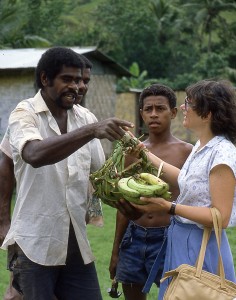My perspective of the situation
Canada’s failure to meet the obligations of treaties agreed to in good faith, the segregation of the native population into small isolated “reserves” on unproductive ground, the removal of the automatic right to hunt and fish other than for subsistence, denial of use of the timber, and denial of right to mine or benefit directly from the the minerals, the removal of the right to make what most would think of as normal everyday financial decisions, the past history of forcible removal of children from families, continued attempts to extinguish cultural norms and language, entrenched dismissal of the value of traditional knowledge in decision-making capacities, the imposition of a foreign form of internal government (formerly decisions by Elders and hereditary Chiefs in consensual gatherings), the continued failure to meet the Canadian constitutional guarantees of fiduciary care by the federal government, and the imposition of the Indian Act which effectively makes Native People wards of the state unless they agree to assimilation.
Canadians in general and Canadian politicians in particular owe the Native People more than just an apology. Diverting the equivalent of the cost of the G20 directly to addressing the backlog of housing issues for the next 2 years would effectively end the housing “crisis”, but would not solve all of the problems.

Photo by Charlie Angus
The most pressing needs I have personally seen are in rebuilding the capacity of the Native People to move into the future using their own initiatives and decisions within the modern contexts of their own cultures, languages, and knowledge systems, including the ownership rights to the land they still have under treaty and the ability to directly control, manage, and if appropriate to use the natural resources on and in the land for commerce. A transition away from the Indian Act needs to be negotiated in good faith by the nations of the Native Peoples and the Canadian government.
I am sure there are many other pressing needs the Native People want to have addressed, and Canada and Canadians should hear those statements by the Native Peoples.


